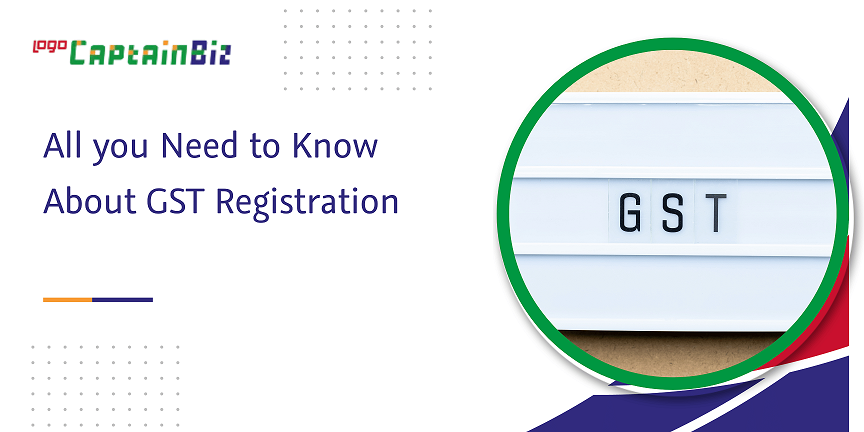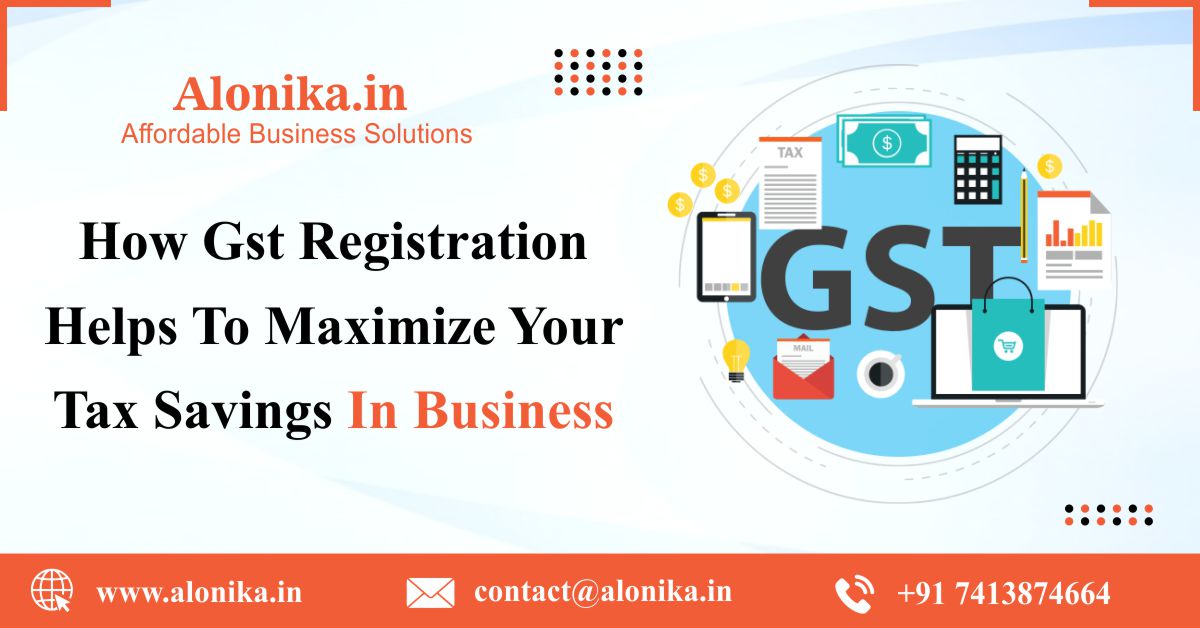From Beginning To End: The Ultimate Roadmap to GST Registration for Businesses Seeking Financial Stability
Navigating the intricacies of Item and Services Tax (GST) registration is a critical step for companies pursuing monetary stability. From recognizing the essential concepts of GST to abiding by post-registration guidelines, the process can seem intimidating at initial glimpse. Breaking down the roadmap into workable actions can streamline the registration trip for businesses looking to boost their financial standing. Let's check out the vital parts that comprise this ultimate roadmap and find how each stage adds to laying a solid structure for monetary success.
Understanding GST Basics
Looking into the essential principles of Product and Solutions Tax (GST) is crucial for obtaining a thorough understanding of its ramifications on services and the economy. GST is a value-added tax imposed on a lot of goods and solutions for residential usage. It has replaced several indirect taxes that existed in the pre-GST age, simplifying the tax obligation structure and enhancing ease of doing organization in India. Under the GST system, both solutions and goods are taxed at a details rate, which is identified based on their category. If their annual turn over exceeds the threshold limitation set by the government, organizations are called for to register for GST. Input Tax Obligation Credit History (ITC) is a significant function of GST, allowing companies to assert credit score for taxes paid on inputs, minimizing the overall tax worry. Comprehending the basics of GST is vital for companies to follow tax obligation policies, handle their funds effectively, and add to the nation's financial growth by taking part in a clear tax system.
Qualification Requirements for Registration
To register for GST, businesses need to fulfill certain qualification requirements established by the government. The key qualification demand is that any type of company associated with the supply of goods or services with an annual aggregate turn over over the threshold limit set by the authorities have to sign up for GST. Since the existing regulations, the threshold limit for GST registration is a yearly accumulation turnover of 40 lakhs for businesses running within a state, besides special group states where the limitation is 20 lakhs. Additionally, particular services are required to sign up for GST irrespective of their turn over, such as interstate distributors, laid-back taxable individuals, and services responsible to pay tax obligation under the reverse fee mechanism. It is crucial for organizations to completely assess their turn over and transaction kinds to identify their GST enrollment commitments accurately. Failing to register for GST when eligible can bring about charges and lawful repercussions, making it important for organizations to adhere to the defined qualification criteria.
Documents Required for Registration
Having fulfilled the eligibility criteria for GST enrollment, businesses have to now guarantee they have the requisite records in location to continue with the registration process successfully. The files needed for GST registration usually include evidence of company constitution, such as collaboration action, registration certification, or consolidation certification for different kinds of organizations. Additionally, businesses require to offer papers establishing the primary area of company, such as a rental arrangement or electrical power costs.
Step-by-Step Registration Process
Beginning the GST enrollment process includes a collection of organized steps to make sure a compliant and seamless enrollment for companies. The very first action is to visit the GST site and complete the registration type with precise information of business entity. Following this, the applicant gets a Short-lived Reference Number (TRN) which is used to resume the application process if it's not completed in one go.
Following, all called for records as per the checklist offered by the GST portal requirement to be published. These records generally include proof of company address, registration and identification proofs of promoters, financial declarations, and service entity's frying pan card.

Post-Registration Conformity Standards

Conclusion
In conclusion, businesses looking for monetary stability should comprehend the basics of GST, meet qualification standards, collect required files, follow the detailed enrollment process, and conform with post-registration guidelines - Best GST registration services in Singapore. By sticking to these actions, companies can guarantee conformity with tax obligation guidelines and preserve monetary security in the future
Additionally, certain companies are required to register for GST irrespective of their turnover, such as interstate vendors, informal taxed persons, and companies responsible to pay tax under the reverse charge mechanism.Having met the qualification requirements for GST registration, companies must currently ensure they have the requisite records in place to continue with the registration procedure efficiently. The records required for GST enrollment usually include proof of business constitution, such as collaboration deed, enrollment certificate, or unification certificate for different types of services. Additionally, organizations need to give papers establishing the primary location of company, such as a rental my review here arrangement or electrical power expense.Starting the GST registration process includes a collection of structured steps to make sure a compliant and seamless enrollment for businesses.